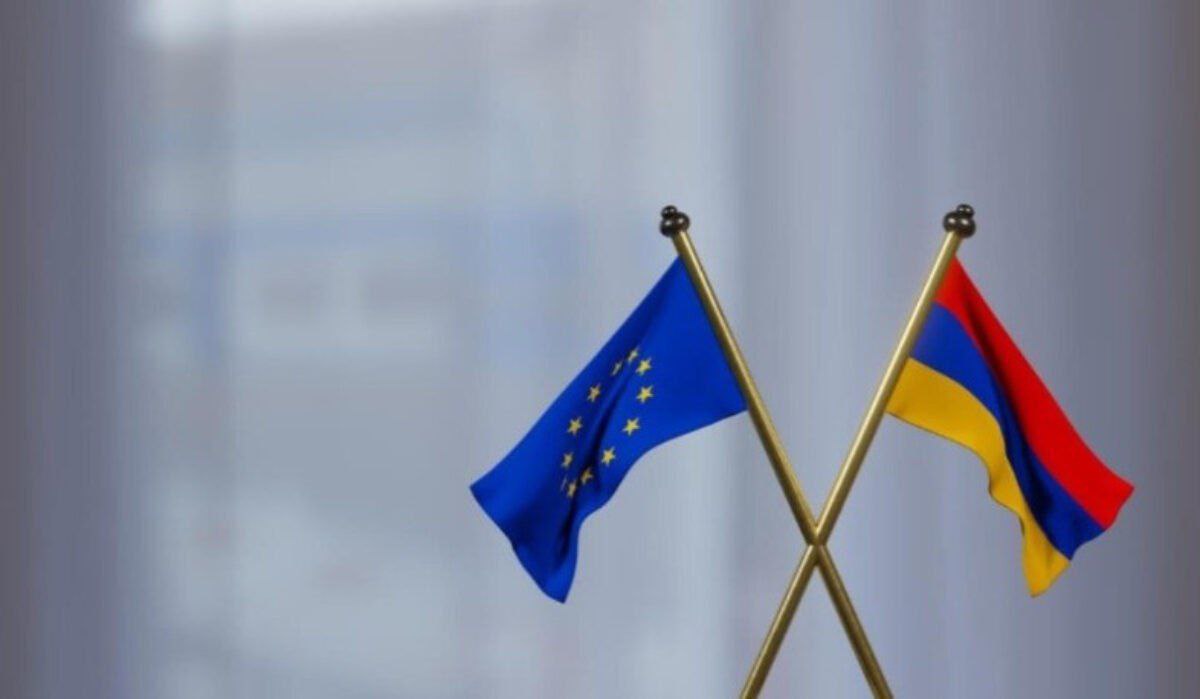Today, Chechen leader Ramzan Kadyrov posted a joint photo on his Telegram channel with the senator from Dagestan, billionaire Suleiman Kerimov, with whom he had a violent conflict last summer and fall. Kadyrov and Kerimov found themselves on opposite sides of a family dispute over the Wildberries marketplace.

The Georgian Parliament, completely controlled by the ruling Georgian Dream party, unanimously (86 votes) adopted the "Foreign Agent Registration Act" in the second reading. The ruling party claims that this is a "direct copy" of the American FARA law.
The so-called "American" version of the law provides for the possibility of obtaining the status of "foreign agent" not only by non-profit legal entities with foreign financing, but also by everyone, including individuals. For evading registration as a foreign agent or failure to comply with other requirements specified in the bill, a person may face criminal liability.
On February 5, announcing the upcoming innovation, the executive secretary of the ruling party Mamuka Mdinaradze noted that the current legislation on foreign agents has proven insufficiently effective.
"Last year we adopted a simplified version, but you know that several dozen of the richest and largest NGOs receiving external funding did not register in the registry. Therefore, instead of it, we will get a new American law, a direct copy of its current version, and we will ensure its full implementation," Mdinaradze explained.
Recall that in order to become a law, the draft must be adopted by parliament in three readings. As previously stated by the Georgian Dream, after the adoption of the new law, similar to FARA, the current law "On Transparency of Foreign Influence" will be abolished.
On August 1 last year, the law "On Transparency of Foreign Influence", also known as the law "on foreign agents", came into force in Georgia. Its adoption caused mass protests in the country and a storm of criticism from the West. According to opponents of this initiative, the Georgian law is an analogue of the Russian law and contradicts democratic values. The Law on Transparency of Foreign Influence requires registration in a special registry and reporting for NGOs and media outlets that receive more than 20% of their income from abroad. Fines are imposed for failure to comply with these requirements.



